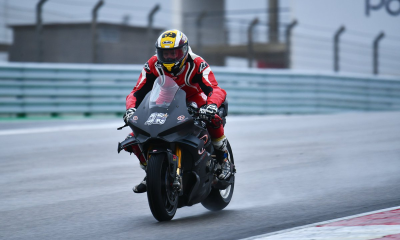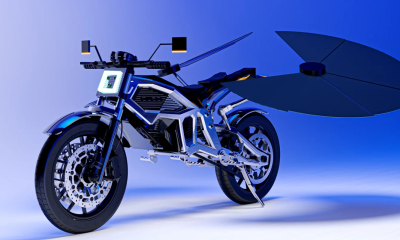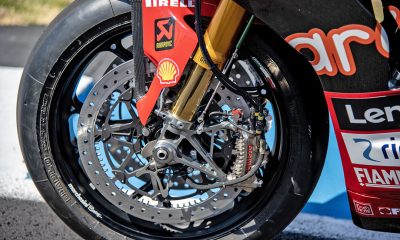India’s Bajaj Auto is acquiring a majority stake in KTM, signalling a major shift in the global motorcycle industry. Here’s why this deal could redefine the future of premium bikes.

Subscribe to our Telegram channel for instant updates!
India’s Bajaj Auto is making a bold move that could reshape the landscape of the global motorcycle industry. With the announcement of its plan to acquire a controlling stake in Austria’s KTM, Bajaj is stepping beyond its role as a long-standing partner and into the driver’s seat of one of the world’s most iconic motorcycle brands.
A Strategic Step Forward
While KTM has been facing financial challenges in recent years, this acquisition is not just a lifeline. It is a strategic pivot. Bajaj, which holds 49.9 per cent of Pierer Bajaj AG, will gain majority control with an 800 million euro deal, including a 200 million euro upfront. This strengthens its hold over KTM’s parent, Pierer Mobility AG, which also owns Husqvarna and GasGas.
Bajaj & KTM: From Partner to Power Player
For over a decade, Bajaj and KTM have operated through a successful joint development model that has seen KTM motorcycles built in India and exported to more than 80 countries. That relationship laid the foundation for the growing popularity of KTM’s smaller displacement models, especially in emerging markets.
Now, Bajaj is transforming that operational partnership into full corporate control. It is a shift that extends far beyond manufacturing. With a controlling stake, Bajaj can now directly influence KTM’s global product strategy, financial planning, and expansion into new segments, including electric mobility.
Leadership Changes in Austria
As part of the restructuring process, Stefan Pierer will step down from the executive board of PMAG, with Verena Schneglberger-Grossmann stepping in to support CEO Gottfried Neumeister. Regulatory approvals are currently being sought from the Austrian Takeover Commission and other relevant authorities.
These leadership changes indicate a broader realignment of KTM’s strategic direction, with more input and control expected from Bajaj’s leadership team in Pune.
What This Means for the Industry
This acquisition is not just about two companies. It reflects a larger trend of consolidation and cross-border control within the motorcycle world. As traditional markets stagnate and electrification looms, manufacturers are looking for ways to scale operations and reduce risk. Bajaj’s move to take control of KTM gives it the ability to position itself as a global leader in performance and innovation, especially in the mid-sized and premium motorcycle segments.
This also places Bajaj in closer competition with Japanese giants like Yamaha and Honda, and European legacy brands such as Ducati and BMW.































Facebook
Instagram
X (Twitter)
YouTube
LinkedIn
RSS